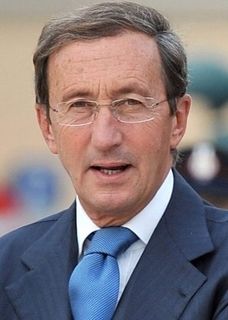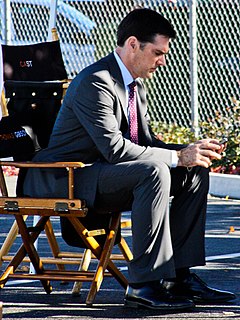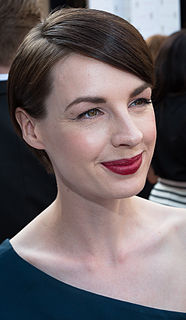A Quote by Samuel Beckett
Let's go." "We can't." "Why not?" "We're waiting for Godot.
Related Quotes
Samuel Beckett's 'Waiting for Godot,' billed as 'the laugh sensation of two continents,' made its American debut at the Coconut Grove Playhouse, in Miami, Florida, in 1956. My father, Bert Lahr, was playing Estragon, one of the two bowler-hatted tramps who pass the time in a lunar landscape as they wait in vain for the arrival of a Mr. Godot.





































